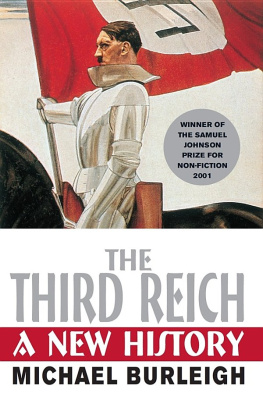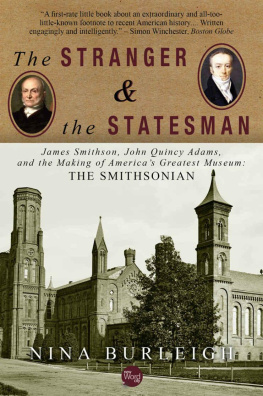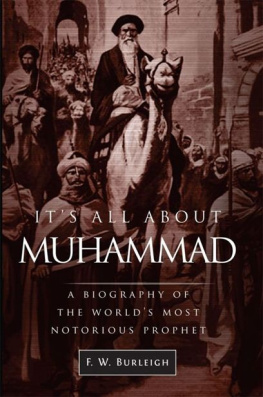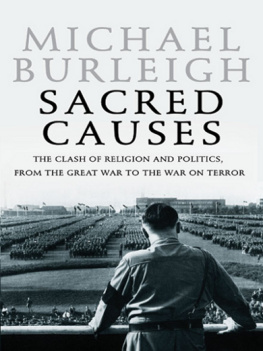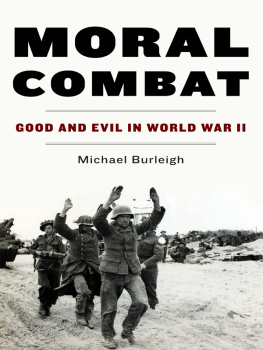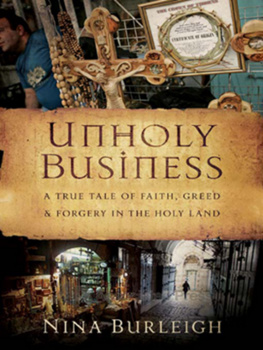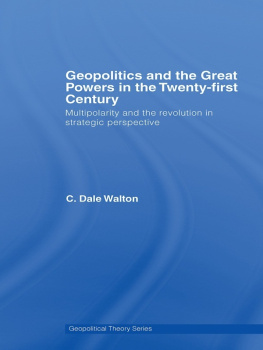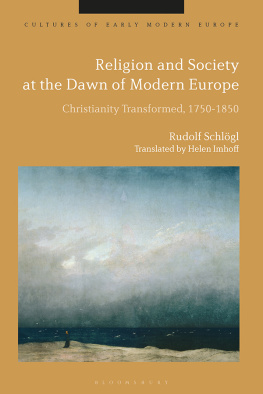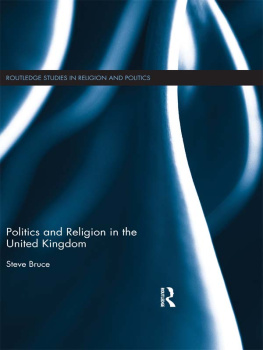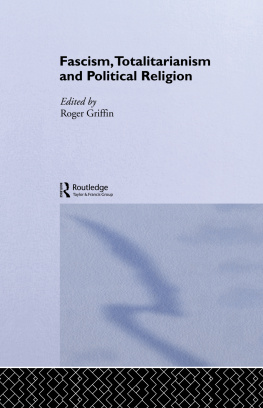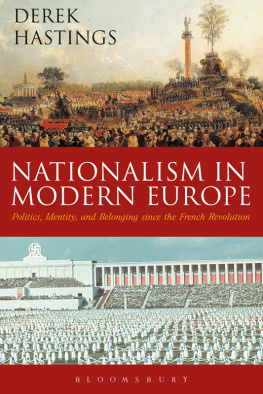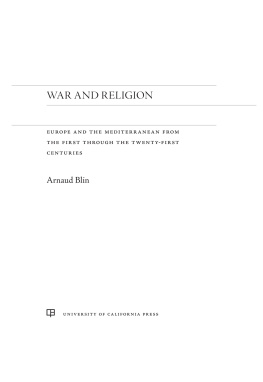Certain men, the children of Belial, are gone out from among you, and have withdrawn the inhabitants of their city, saying, Let us go and serve other gods, which ye have not known
Deuteronomy Ch. , verse
Carrier came down to the Loire and slew, Till all the ways and the waves were red: Bound and drowned, slaying two by two, Maidens and young men, naked and wed
Swinburne, Les Noyades
among you, and have withdrawn the inhabitants
People no longer believe in God. The new religion is nationalism. Nations no longer go to church. They go to national associations
Joseph Roth, The Radetzsky March ( 1932 )
W hile completing a book on the Third Reich five years ago I realised that the areas where politics and religion intersect offered fresher, and subtler, imaginative challenges than the reiteration of ghastly events in greater Germany sixty years ago, about which there are so many books, and which are rehearsed on our television screens almost every night. Reconciled to working in an historical backwater, the mass murders on 11 September 2001, and the revival of a broad range of religious questions, lent this new project an unanticipated salience, although it was never intended as a contribution to what Michael Oakeshott memorably called practical pasts.
Earthly Powers is an exploration of the politics of religion, and the religion of politics, broadly construed, in Europe from the Enlightenment to the Great War, although a second, entirely free-standing, volume will link these themes to the totalitarian political religions and beyond. Such an endeavour is necessarily both ambitious and selective. This book is largely about what are called political, secular and civil religions, and how these related to Christianity during a time of fitful rather than remorseless secularisation. It does not discuss Islam or Judaism, about which there are so many excellent studiesnotably Roger Scrutons The West and the Rest and David Vitals A People Apart that another seems superfluous and I am equipped to write neither. The eclectic approach straddles the histories of modern ideologies and politics, of European secularisation, and also of the major Christian denominations, although in no sense is the author either an ecclesiastical historian or theologian, and this is not a history of Christianity.
I have sought to treat the various creeds and traditions, including that of militant secularists, with imaginative sympathy in what is a history rather than polemic. Since there are dark eras in the history of European rationalism, including one genocide committed in the name of Reason, religious people could be less defensive in response to attacks from self-proclaimed rationalists than they currently are. As in most works of history, there are a few messages to the present here, but these have been left encoded, because on some of the issues, such as the desirability of civil religions in the fragmented and secularised societies that the novelist Michel Houellebecq evokes so well in Atomised or Platform , the author is only slightly less confused than most readers, whose responses will in turn partly depend on their countries historical experiences. An Australian may see the benefits of citizenship rituals in a way that an equally freeborn English subject of the Queen may not. Europe is frequently traduced nowadays, both by Islamic militants and some Christian circles in the US, as a Godless zone. Some European Christians doubtless feel the same. Part of the point of this book is to show that there are many intermediate conditions, with which we continue to live very well.
At HarperCollins Tim Duggan in New York and Michael Fishwick in London are the best publishers anyone could hope for, while Peter James has again proved to be a prince among editors. The immensely professional Wylie Agency, notably Andrew himself and Michal Shavit in London, enabled me to do what I most enjoy free of academic distraction. John McDade SJ and Lawrence Hemming at Heythrop College gave the initial stimulus to this book when they fast bowled me the Cardinal Basil Hume Memorial Lectures in 2002 on the theme of religion and social evil.
Contacts between historians are international nowadays, which is probably just as well. The History Department at Stanford University provided ideal conditions in which to read, write (and teach) during the winter of 2003. Bob and Liddie Conquest, and Joseph and Marguerite Frank, made the evenings congenial. I am also grateful to Professors Gerhard Besier, Karl Dietrich Bracher, Klaus Hildebrand, Hans Maier, Horst Mller and Heinrich-August Winkler in Germany for their advice and support, and to Tzvetan Todorov for an occasional dialogue in the vicinity of the Jardin des Plantes.
Dr John Nicholls at the London City Mission in Bermondsey enabled me to study its remarkable archive of missionary activity across the nineteenth-century capital. The London Library provided access to any number of books relevant to these themes while the library staff have been unfailingly helpful. Professor Alwin Jackson advised novice reading on Irish history, while Max Likin and Cedric Meletta helped photocopy materials on the provincial French clergy. Adolf and Dawn Wood, Desmond King, Bruce Mauleverer, Sophie Blum and Harvey Starte helped with comments on a book whose themes intrigued them. My wonderful wife Linden has again survived the ordeal of being married to a writer with good grace (most of the time) and has helped with practical problems.
Michael Burleigh
London
November 2004
T he simplest way to explain the aims of this book is by describing how it was first conceived, so as to reveal some of the alternative architectures that initially underpinned its surface. The intention was to discuss some notorious political religions, notably the civic cults of the Jacobins during the French Revolution, and the no less bizarre festivals and spectacles of the Bolsheviks, Fascists and National Socialists. These were meant to forge a sentimental communityin which emotional plangency was the normby refashioning space and time to envelop the masses within a dominant ideology. This would involve wider discussion of related utopian projects, based on the creation of a new man or new woman from the old Adam, an exercise that presumed that human personality is as malleable as wet clay.
Some of this initial structure has been retained, which is why the book starts with the Enlightenment, when many of these projects assumed secular guisesfor the notion of a new man is surely related to Christian rebirth through baptism. However, so many important questions arose that the discussion of twentieth-century totalitarianisms had to be relegated to a future volume. In the present book, the final chapter merely introduces two harbingers of what was to re-emerge after the Great War, in the form of the extreme rightists Charles Maurras and Paul Anton de Lagarde, nineteenth-century prophets of the twentieth centurys stranger gods.
In the original scheme, the interval of more than a century between the French Revolution and modern totalitarianism would have been filled with some familiar ruminations on the symbolic world of nineteenth-century European nation states, their festivals, monuments, statues, myths and patriotic songs. In its thoroughness, this process of nation-building echoed Europes conversion to Christianity during the Dark Ages, or more particularly the battle for hearts and minds during the Reformation and Counter-Reformation, when indelible religious identities were formed.


